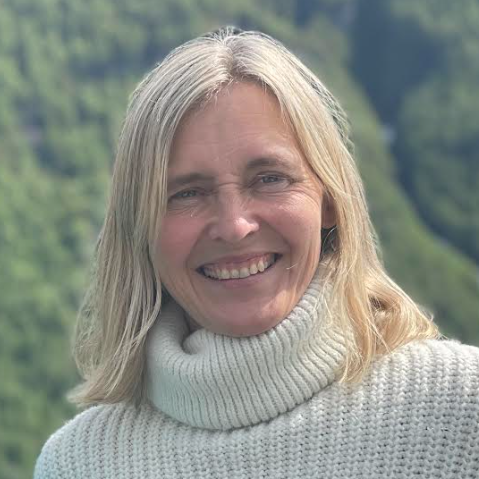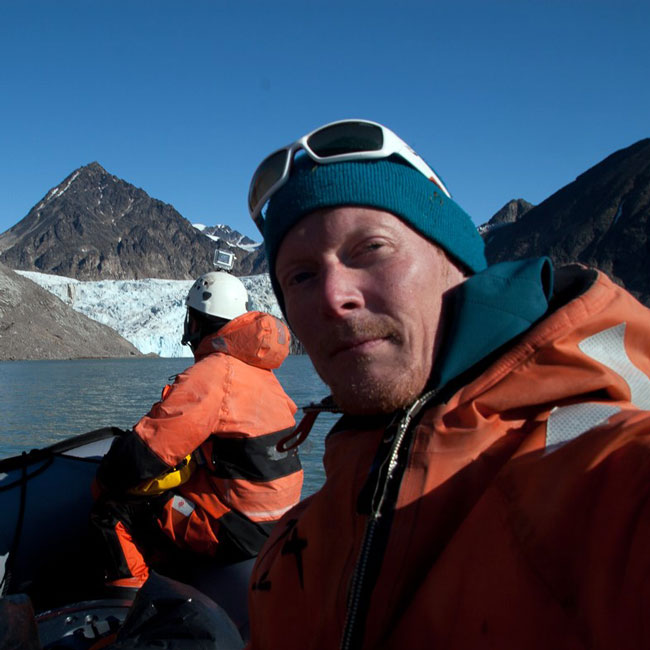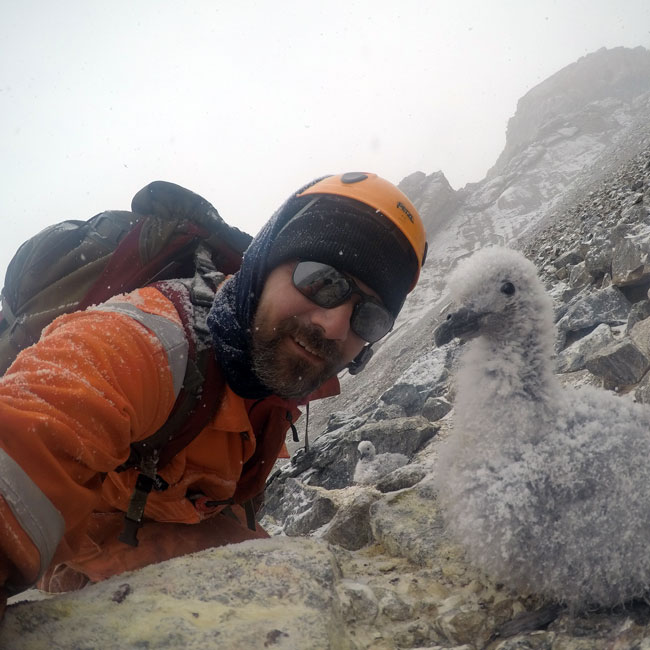Putting brakes on Expedition Cruise Tourism in Svalbard: exercising power at the expense of legitimacy?
[Published 25 May 2025]
Scientific Publications
Abstract
Ecosystems in the Arctic are affected by multiple stressors caused by climate and environmental changes, increased pollution and human activities. The changes are unprecedented, with considerable scientific uncertainties over their potential consequences. In such a situation the use of the precautionary principle can be justified in environmental management. The principle is still contested, and its implementation needs careful considerations to be experienced as legitimate. This article will use the new regulatory amendments in Svalbard as a case to examine what preconditions must be in place to maintain legitimacy in environmental policy making when the precautionary principle is being applied. Based on a compilation of ship positional data, we assess the spatio-temporal distribution of cruise ships in Svalbard from 2011 to 2022 and the potential impacts on selected species. We then discuss the legitimacy of the regulatory amendments and the application of the precautionary principle. Our results show significant growth in the amount, distribution, and mileage of expedition cruise vessels’ length of travel. While a precautionary approach to management is wise in a situation in which more stressors than ever are threatening Arctic wildlife, a more transparent and inclusive regulatory process would have strengthened the legitimacy of regulations and reduced conflict.
FACE-IT Scientists:
Halvor DANNEVIG
Western Norway Research Institute, Sogndal, Norway
Norwegian Centre for Sustainable Climate Change Adaptation (Noradapt)
WNRI personal page
Halvor’s FACE-IT Projects
Role in FACE-IT:
• Leader "Nature-based Tourism"
ANNA SVEINSDÓTTIR
Nordland Research Institute, Svolvær, Norway
Anna’s FACE-IT Projects
Role in FACE-IT:
• Researcher "Nature-based Tourism"
Grete K. HOVELSRUD
Nordland Research Institute, Bodø, Norway
Nord University, Bodø, Norway
Center for International Climate Research Oslo – CICERO, Oslo, Norway
Grete’s FACE-IT Projects I
Grete’s FACE-IT Projects II
Role in FACE-IT:
• Member of the Executive Board
• Leader "Transdisciplinary Synthesis"
• Researcher "Identify Key Drivers and Data Management"
• Researcher "Food Provision and Livelihoods"
• Researcher "Nature-based Tourism"
Robert Schlegel
Sorbonne Université – CNRS, Laboratoire d’Océanographie de Villefranche, Villefranche sur Mer, France
The Ocean Code
Role in FACE-IT:
• Researcher "Identify Key Drivers and Data Management"
Sébastien DESCAMPS
Norwegian Polar Institute, Tromsø, Norway
Google Scholar personal page
Sebastien’s FACE-IT Projects
Role in FACE-IT:
• Leader "Biodiversity Changes"






